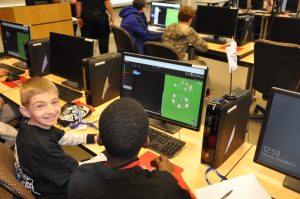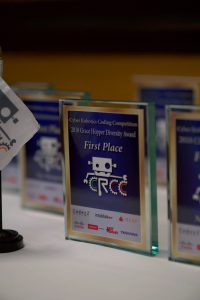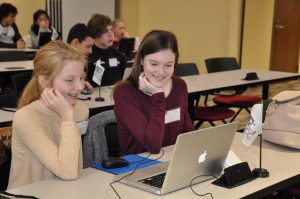You are invited to join American Institutes for Research, BrightBytes, ISTE and your local peers and colleagues for lunch and discussion on taking a data-informed approach to equity and student success initiatives. The day will feature presentations, panel conversations and interactive sessions focused on equity in early warning systems, approaches to digital initiatives, and understanding the data necessary to support educators and district leaders in this work.
Thursday, September 26
10:00am - 2:00pm
American Institutes for Research Offices in Crystal City
1400 Crystal Drive, 10th Floor
Arlington, Virginia 22202
Register now at: http://pages.brightbytes.
*This event is free to attend and lunch will be provided.





 VSTE is pleased to partner with Common Sense Education to connect our members and friends with high quality resources. Here are a few featured items for May 2019:
VSTE is pleased to partner with Common Sense Education to connect our members and friends with high quality resources. Here are a few featured items for May 2019:

